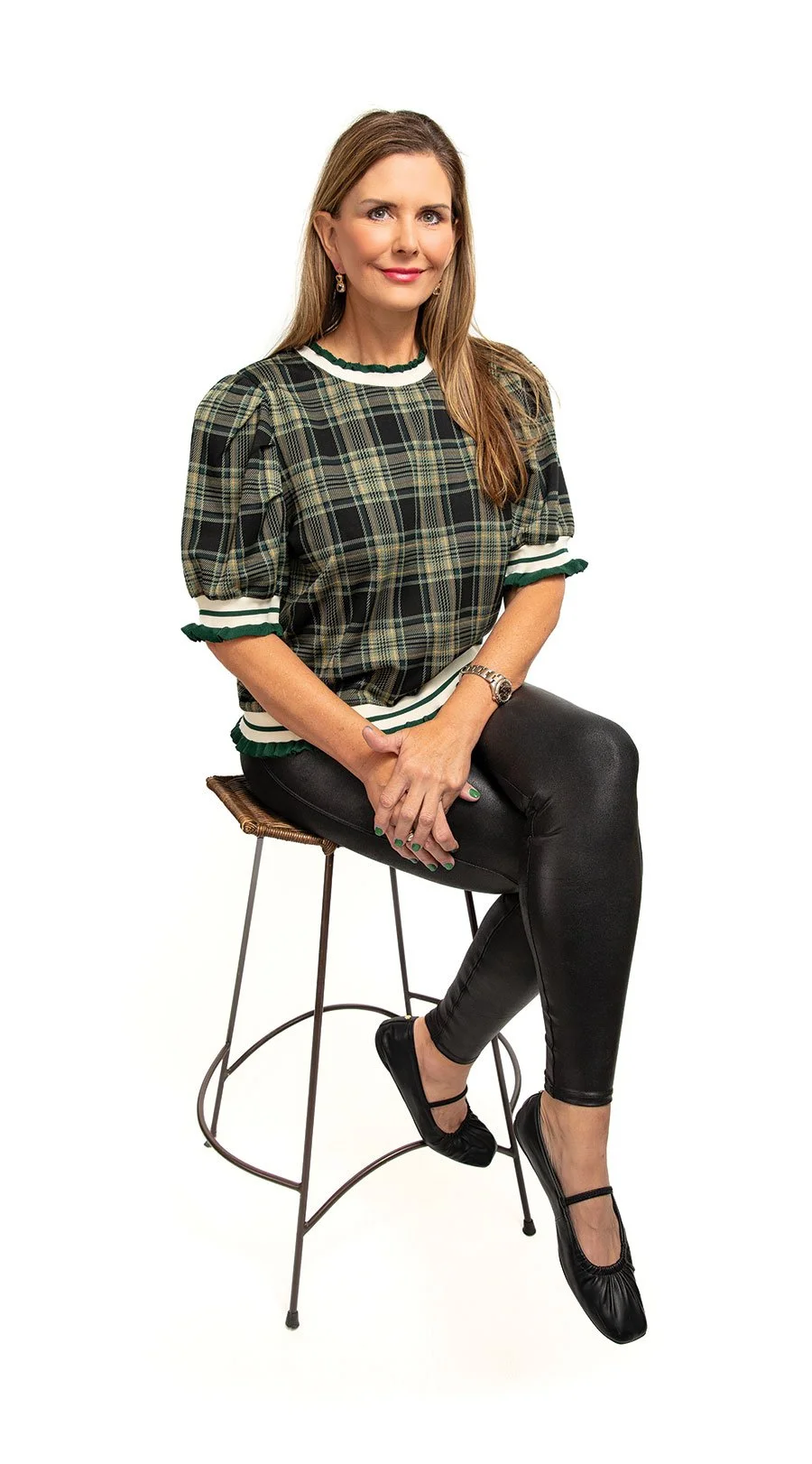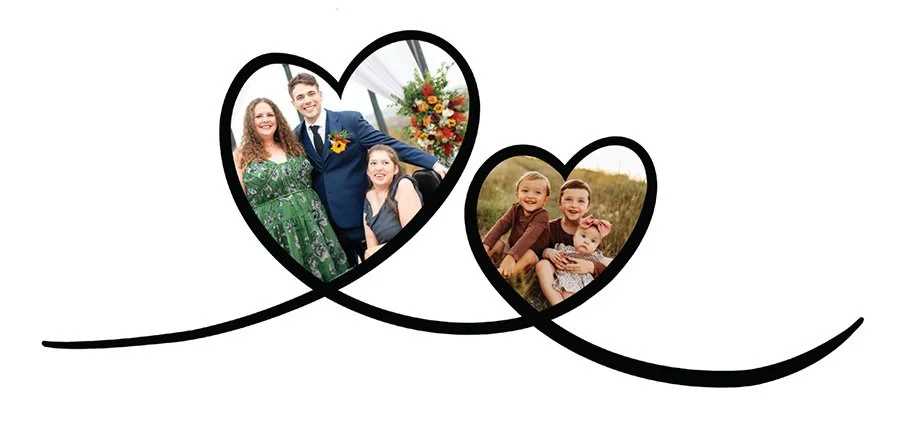The Way I See It...
Publisher's Letter
Robin Rogers, Ed.D.
January 2026
As I opened my computer to write about the excitement of January, the new year, and the topic of “love,” I thought, “Of all people, I am the worst choice for this subject.” UGH. So . . . I closed my laptop and binge-watched the new season of “Emily in Paris” instead.
That’s what we do, those of us who aren’t married, tending to children full-time, or dating at 55: we binge-watch Netflix series. There’s great comfort found by escaping under a heated blanket, with the lights off and a television on—and I do recommend “Emily in Paris” for cute television with a flair for fashion. Like me, the protagonist of the show can fall in love and swear off men entirely, all in less than a season. Watching this show, which features a young woman chasing her dreams in the marketing world, reminds me just a teeny bit of myself 30 years ago. Your 20s are the days when you are bold enough to say and wear and do anything, without the fear of public scrutiny.
In my early 20s, while I was in graduate school, I sold cars. My motto was, “Sell a car; buy a dress.” I loved working and shopping. That was B.K.—before kids. Today, I find no joy in retail therapy, either in-store or online. It’s a chore. If you really know me, now you understand why I’m a terrible dresser—I hate to shop (at least when it comes to clothes; I live for a good estate sale, antiques shop, or art gallery).
When I try to imagine the things I love, I don’t think of “things”; it’s always experiences. Does an expensive handbag make me happy in 2026? No. Even 10 years ago, when I thought something tangible with a luxury tag would bring me joy, upon attainment, the new faded fast, and there came another prize to work for. Today, things don’t rev my engine; experiences are the way to my heart. Sometimes I need a push off the couch, but once up, I will book the tickets and get ready. If it’s not illegal or immoral, count me in. I’ll be Thelma or Louise in any convertible on any road to just about any laughter and fun. I’m counting the days to convertible weather, but I may fly south to the beach before it warms up here. In 2026, I’m committed to finding some fun “Emily in Paris” times again! I can think of at least one girlfriend who might even drive the getaway car.
As for “true love”—I have tried my hand at it, and I have failed miserably. I also take the blame for the failures. For many years, I had excuses or reasons why my marriages did not last, but after almost 15 years of being single, I know that the easiest thing to do is quit, instead of digging in for the long haul. (I also know that getting a divorce is not always a “failure”; things don’t have to last forever or never change shape to be counted as “successes,” and, in certain circumstances, a break-up is an accomplishment worth celebrating.)
I’m a lover of the idea of love. I enjoy writing other people’s love stories. I enjoy watching European movies about kings and queens, listening to Ella Langley and Riley Green on repeat, and reading Jane Austen books. The idea of romantic love is truly intoxicating. But these days, alas, my best love stories involve grands, my adult kiddos, my momma, a few close friends, and work. Those are the relationships in which I can work toward being a better human. Tears from the past are long dry, and the future is wide open for more happiness and love.
My favorite life phrase—one I’ve stolen from Dr. Stephen Covey and said for years—reflects the successes and failures that I have lived publicly and privately: “Love is a verb.” Split-ups don’t “just happen.” We have all seen devastation between couples, family members, friendships, and business relationships. When people stop trying, talking, or taking care of each other, relationships end. As I look through the marvelous weddings featured this month, I wish all of the couples a lifetime of love-as-a-verb. I truly believe that if both parties love actively and intentionally, success—defined as joy, hope, and growth—is all but inevitable.
When I sat down at my computer, I did not want to write this editorial. Netflix won. Yet, when I finally started writing, I realized that there is no huge hole in my heart as an unmarried woman. When I am busy experiencing life with my people—my mom, my kids, my friends, and the three little humans who know me as RoRo—I feel alive and very much in love. Life’s journey is only as great as you dream, believe, and do. Now, please excuse me, as I must get to planning 2026 experiences with the loves of my life.
Happy New Year, and as always, thanks for reading FSLM.


